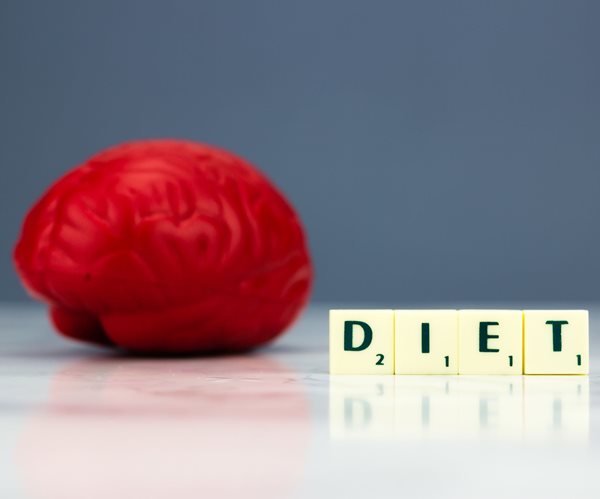
Dietary fat has long been reviled by conventional health experts who have pushed low-fat, high-carb diets since the 1970s.
But the tide is turning, as more scientific evidence finds that carbs and sugar are the primary evils in the American diet — and are helping to drive up the nation’s rising rates of obesity, diabetes, heart disease, certain cancers, and even Alzheimer’s disease.
In late 2015, the U.S. Food and Drug Administration proposed new guidelines that, for the first time, aim to limit average Americans’ consumption of added sugar to no more than 10 percent of daily calories as part of new 2015 U.S. Dietary Guidelines. The agency has also relaxed past recommendations to limit consumption of certain fats once derided as obesity drivers.
Nutritional researchers like Dr. David Perlmutter are hardly surprised by the evolution in conventional dietary thinking. The board-certified neurologist and fellow of the American College of Nutrition has long argued that sugary soft drinks and junk foods are behind millions of Americans’ physical ailments as well as rising rates of Alzheimer’s.
The good news, he says, is that dietary changes may be the most effective way to stave off the ravages of Alzheimer’s, which strikes more than 5 million Americans and is expected to afflict three times as many over the next 25 years.
In fact, certain kinds of fat in the diet may actually be beneficial for brain health and keep seniors mentally sharp as they age, he notes.
“One of the key ways to help prevent [Alzheimer’s] disease is through diet,” says Dr. Perlmutter, author of the No. 1 New York Times Bestseller, “Grain Brain,” and “Brain Maker.”
Specifically, he recommends what he calls the “Anti-Alzheimer’s Trio” — grass-fed beef, avocados, and coconut oil. All three foods are high in brain-healthy fats that help boost memory and cognitive function, and reduce inflammation tied to dementia.
“These items are all low in carbs and high in fat, helping to reduce some of that brain-bullying inflammation — the root cause of so many ailments,” he explains.
Here’s why these three superfoods are critical to maintaining healthy brain function as we age:
- Grass-fed beef. Unlike conventionally raised livestock (fed mostly grains), cows fed grass produce meat that is much lower in inflammation-producing omega-6 fatty acids. Inflammation — from sugar, carbs, and certain types of meat common in the American diet — hikes the risk for Alzheimer’s, heart disease, diabetes, and cancer. “In addition, the corn and grain fed to cattle is overwhelmingly genetically modified, and this introduces worrisome proteins into non-grass fed meat,” Dr. Perlmutter says. “It may sometimes be a bit more expensive, but it’s smarter to buy grass-fed when you can.”
- Coconut oil. This common oil is loaded with saturated fats, which actually raise HDL (“good”) cholesterol and make LDL “bad” cholesterol less dangerous. As a result, it can improve your cholesterol levels naturally, which lowers your risk for heart disease and Alzheimer’s. “Specifically, coconut oil is known as a rich source of beta-HBA and is one of our brain’s ‘superfuels,’” adds Dr. Perlmutter.
- Avocados. This Mexican food staple is naturally nutrient-dense and contains some 20 vitamins and minerals. Consuming fruits and vegetables of all kinds has long been associated with health benefits, but many studies suggest avocados are particularly helpful in combating obesity, heart disease, cancer, diabetes, vision loss, and dementia — in part because they have anti-inflammatory properties. Avocados contain a natural plant sterol called beta-sitosterol that helps regulate healthy cholesterol levels. They also contain lutein and zeaxanthin — two phytochemicals that are essential to eye health — bone-strengthening vitamin K, and cancer-fighting folate, which also helps combat depression and other mental-health disorders.
In addition to these three foods, Dr. Perlmutter recommends a number of other foods containing ingredients that prevent neurodegenerative disorders — including probiotics, prebiotics and fermented foods.
“Probiotics and prebiotics help maintain a healthy balance of bacteria in your gut — this is known as the human microbiome,” he explains.
Dr. Perlmutter says conventional medical doctors often underestimate the importance of diet in staving off Alzheimer’s.
“The first step to preventing [Alzheimer’s is consuming the right foods, the second is knowledge,” he says.





























